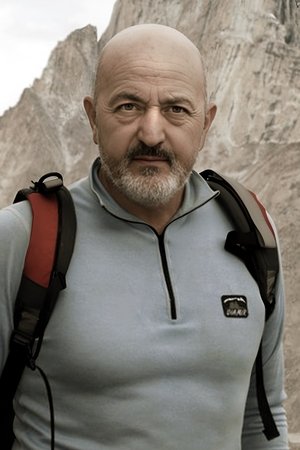Sebastián Álvaro Lomba (b. 1950)
Alias:
Sebastián Álvaro
Себастьян Альваро
Birthplace:
Madrid, Spain
Born:
November 23, 1950
Sebastián Álvaro Lomba (Madrid, November 23, 1950) is a Spanish adventurer and writer. His mother comes from an Asturian village in Tineo, called Vallamonte. He directed the Spanish television program Al Filo De Lo Imposible for twenty-seven years (from the beginning of broadcasts in 1982 until 2009). In this program he carried out: two hundred expeditions, 350 documentaries, more than sixty expeditions to mountains over 8,000 meters high, to the three poles of the earth, cave diving expeditions, sailing, paragliding, paramotoring, canoeing, rafting, hot air balloon flights... He also directed two television series: From Zero to Eight Thousand and The Land We Inherited. Sebastián Álvaro Lomba was also a columnist for the Spanish sports daily AS until July 2016 and hosted a section on adventure and high-risk sports on the radio show El larguero on the Cadena Ser network, hosted by José Ramón de la Morena. Since September 5, 2016, he has collaborated with José Ramón de La Morena in El Transistor on Onda Cero, in the Adventure section of Lundi and in the sports newspaper Marca. In 2001, he launched the humanitarian project Hushé with the Sarabastall association, the birthplace of the famous mountain porter Abdul Karim Mohammad, alias Little Karim, located in the northeast of Pakistan, at the foot of K-1. This project aims to improve the education, health and agriculture of the population. In 2019, he created with Little Karim, the Hushé Girls Project whose objective is to create a group of female mountaineers.






